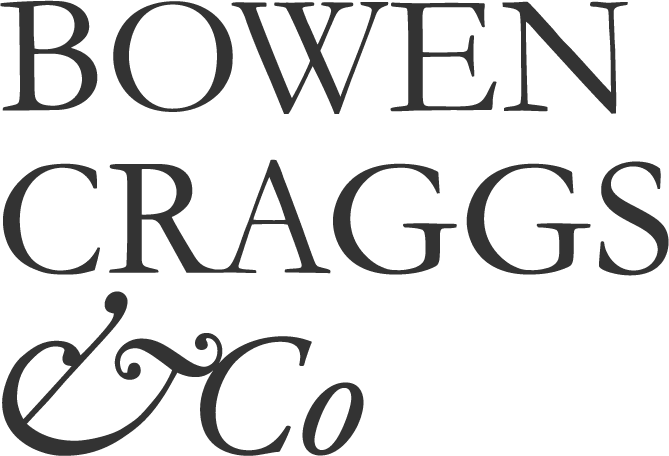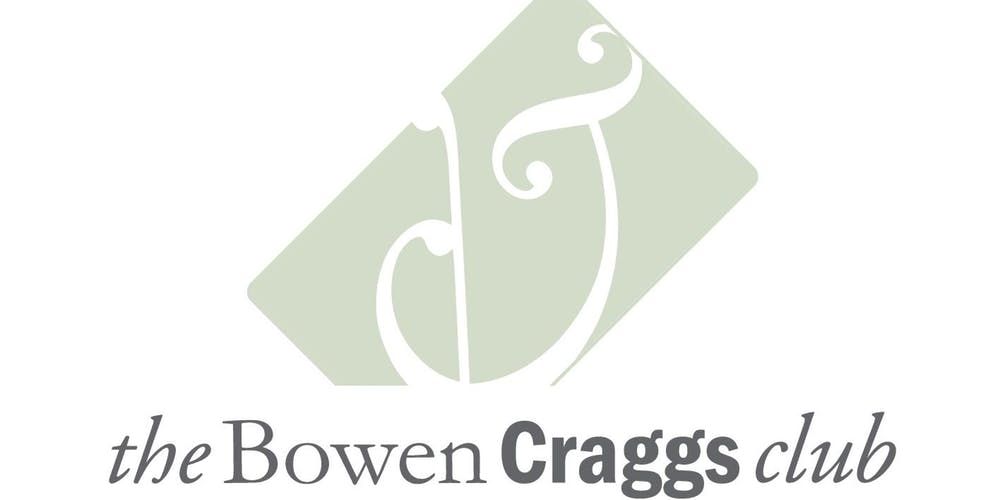In the sixth part of the Guild Ask the Expert series, we hear from Dan Drury about The Bowen Craggs Club.

Tell us a bit about your professional community and why you run it?
The Bowen Craggs Club is an invitation only network for the most engaged online corporate communications professionals, aimed at individuals and companies who believe in the need for world-leading corporate web estates.
Most Club members work in Fortune Global 500 corporations across Europe, North America and Asia. In addition, we welcome senior managers from public sector and non-government organisations with responsibility for large web estates.
We explore ideas and issues, and often find that club members from very different organisations discover they are facing the same challenges and, crucially, can share ways to tackle them.
The club is a space for us to interact directly with prospects and clients, and we don’t charge our members to be part of this knowledge network. It’s good learning for both our members and ourselves, which we use to inspire content creation, distribution and marketing.
We’ve established a trusting network of professionals who are there to learn from and help each other, attend member-only events and web meetings, and benefit from global research.
How do you combine face-to-face with digital in your community? How has this changed over time?
We’ve been running the Club for more than 10 years, and it was originally almost entirely face to face. We’ve had more than 50 meetings over the years, where we got small groups together, and managed invitations and logistics over email distribution lists.
There are now fewer face to face meetings, as it is getting harder for people to travel. Our community is spread out across the world, and holding meetings in London requires people to jump on a plane for the day – which they used to do, but are now more time-poor and lack the budget to be as open to travel.
We still host face to face meetings, but complement our member-only events increasingly with webinars and online meetings.
What tools or platforms do you use to engage with your community digitally? How have these changed over time?
We have previously used a LinkedIn group to engage with our community, but found that it was quite clunky in its interface, and difficult to manage. For example, we limit our membership by excluding agency-based consultants, so when members have previously changed job and become consultants we’ve had to “uninvite” them from the LinkedIn group. This felt quite awkward.
The LinkedIn group stagnated due to it’s issues, and we have recently used Guild to communicate digitally with our members. Our members wanted a new channel, so we started exploring different solutions. However, through asking our members for feedback we quickly found out that they didn’t want to be a part of a community management platform with complex functionalities, logins, features they’d have to learn how to use – too many bells and whistles. They wanted something simple, and private – which is where Guild came in.

What metrics or approaches do you use to gauge how well your community is working?
Since it is a small group of about 75 specialists, with no plans to expand beyond 100, the metrics we use are limited and do not include volume metrics. On Guild we’ve had close to a 100% acceptance rate on invitations, and general feedback is that it is a useful platform.
In terms of engagement, we are finding that some of the questions posed to the group get about 2-3 private responses by DM, as the material is often potentially of a confidential nature. Even if people are taking conversations offline and feel more comfortable responding in private, we still measure that as successful engagement as they are gaining value from being a member.
The Guild group took a while to get going in the first few months, but has really taken off in the last month. What helped us engage our members on the platform most was our annual conference where we promoted it across a couple of days – after which, we saw a strong uptake. That combination of face to face and digital often seems to give the best results.
Another way that we promote the group is in response to members emailing us requesting recommendations, where we then ask them: “Why don’t you post that on Guild?” That way, they benefit from our response as well as member-generated contributions.
How important is it for a community to have some kind of host or leader to be successful?
As briefly outlined in the previous question, it’s important to keep reminding members of the communication tools that are available to them. Furthermore, as soon as a member joins, a welcome message introducing them to the group helps them feel more comfortable with posting. It also engenders a stronger sense of belonging.
We employ a Community Manager who managers our group – it helps to have a central point of contact for our members. Previously I managed the group informally in my spare time, but having someone specific has really helped.
How do you personally research and learn about making your community the best it can be?
We maintain a consistent approach of surveying and researching, by asking our members for feedback in order to learn from them and personalise the group according to their needs. For example, that’s how we learned that they explicitly did not want a community management platform as the digital tool of choice.
Being a part of other online communities and learning from them is another way. One of these groups is hosted by Guild and is for hosts, account owners and admins to share best practice and learn from each other in a private environment. That’s been quite helpful for us.

What trends or developments do you think represent the future of professional communities?
One of the biggest problems our group has is physically getting together, as it’s always best to meet each other in person. Bridging that gap for international communities is currently done through webinars, which is fine, but I believe there should be better ways of doing this. When you get people in a roundtable setting you don’t need a presenter and slides – you just start a conversation, and people join in.
Therefore something that replaces virtual meetings in a better way would be great – perhaps through a modern day version of SecondLife, or equivalent virtual environments. There is a product called Owl Labs, a video conferencing tool, which has tried to improve meetings where there is a mix of in-person and remote attendees. Placing that in the middle of the room gives you 360 degree views of participants, allowing remote attendees to feel more connected and present.
In any case I would say that the future of communities needs to be supported by better replacements for in person meetings.
What do you think are the hallmarks of a successful professional community?
For me the most important hallmark is trust. If you can be seen as a trusted community for people to join and take part, you will have better engagement. Your members need to trust you as a leader, but crucially, they also need to trust each other in order to share with each other.
That’s why our Club works well for us – people trust us, and they trust the other members of the group.
Join Guild 🤝
See for yourself how the Guild experience is different to WhatsApp, Slack, LinkedIn or Facebook Groups. Guild is a safe space to connect, communicate and collaborate with others.
Join us on a platform that is purpose-built for professionals and businesses.
- Just want to join some groups? Simply join Guild and then look through the discoverable groups and communities to find relevant ones to join
- Thinking of running your own community? With an elegant and simple to use, mobile-first UX you’ve got everything you need to start a community - custom branding, analytics, group and user management and support. Get started with your own Guild community here with our free and enterprise options
Contact us if you want to know more or have any questions